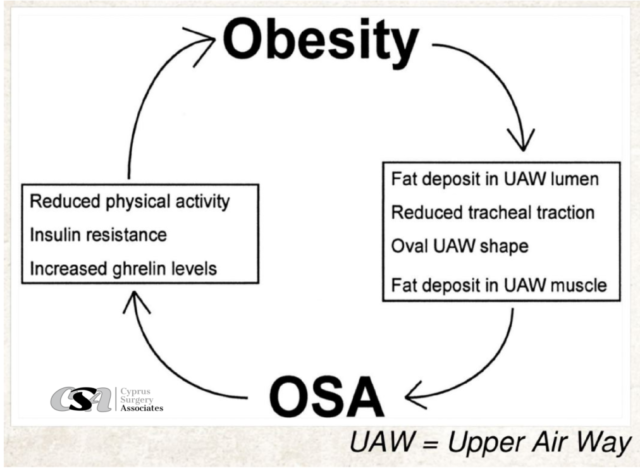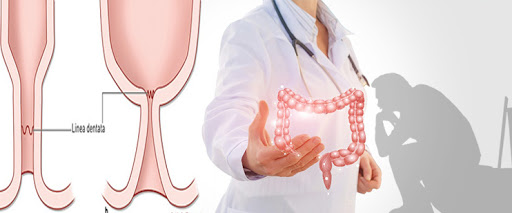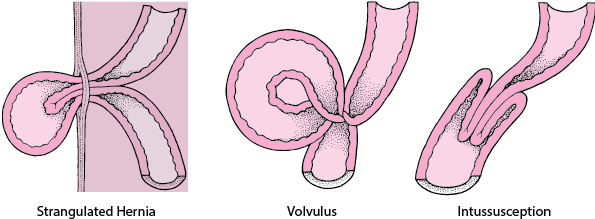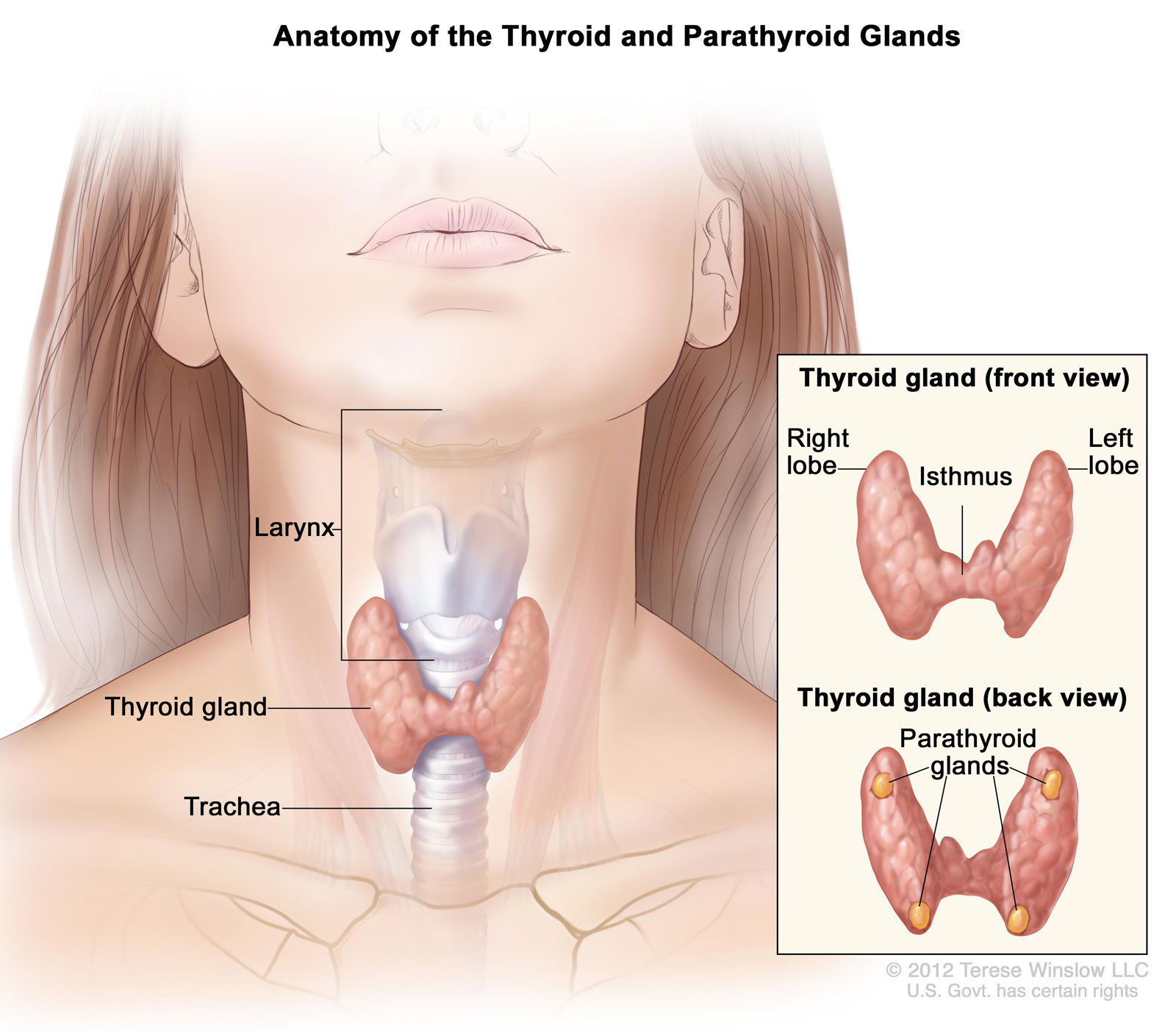
OBESITY AND SLEEP APNEA
Obstructive sleep apnea (OSA) is characterized by episodes of a complete (apnea) or partial collapse (hypopnea) of the upper airway with an associated decrease in oxygen saturation or arousal from sleep. Bariatric surgery brings a surprise bonus: Easier breathing.
Hundreds of thousands of people around the world struggling with extreme obesity are turning to weight loss surgery for help, and now new research shows the procedure may offer an unexpected benefit: better breathing.
Until now, few studies have used CT scans to look inside the body, to see the effects of obesity on the respiratory system – specifically, the lungs and trachea.
Obesity and Sleep Apnea – New UK Study:
In this study, doctors used such scans to observe changes in the respiratory system of 51 obese people who underwent weight loss (bariatric) surgery. They measured both the size and shape of the trachea and assessed air trapping. Excess air remains “trapped” in the lungs after exhalation, resulting in reduced lung function.
Comparing results before, and six months after surgery, they observed reductions in air trapping and a lower incidence of tracheal collapse.
“The message for patients is that weight loss as a result of bariatric surgery improves the appearance of the lungs and airways on CT scans, and this corresponds to an improvement in dyspnea and lung function.”
Six months after surgery, having lost an average of 10.5 body mass index (or BMI) points — roughly equivalent to 60 or 65 kilograms — participants felt significantly less short of breath during daily activities.
Several factors make breathing difficult for people who are morbidly obese. The lungs are more “squeezed” due to the increased fat around them and in the abdomen. Inflammatory substances in adipose tissue are thought to cause airway inflammation. In addition, increased airway resistance and reduced respiratory muscle strength make the respiratory system work harder. All translate into difficulty breathing.
This is often the driver behind patients seeking bariatric surgery.
They say: “I would like to do the activities I like to do without getting tired.” Whether you are walking, or have difficulty climbing stairs, this quality of life issue is usually what motivates patients to undergo this life-changing procedure.
Bariatric surgery leads to better nighttime breathing. Many patients who undergo the procedure report a reduction in difficulty breathing and increased alertness during the day.
Obesity and Sleep Apnea are inextricably linked. With the accumulation of fat, the upper respiratory muscles narrow and the airway becomes somewhat obstructed, especially when lying down.
Sleep apnea results in repeated periods of cessation of breathing during sleep. In the long run, this can cause several health problems. In the short term, it causes excessive fatigue during the day due to poor quality sleep at night.
This study provides evidence to support what doctors have heard anecdotally from patients all along. “Now I can keep up with my kids”.[/vc









